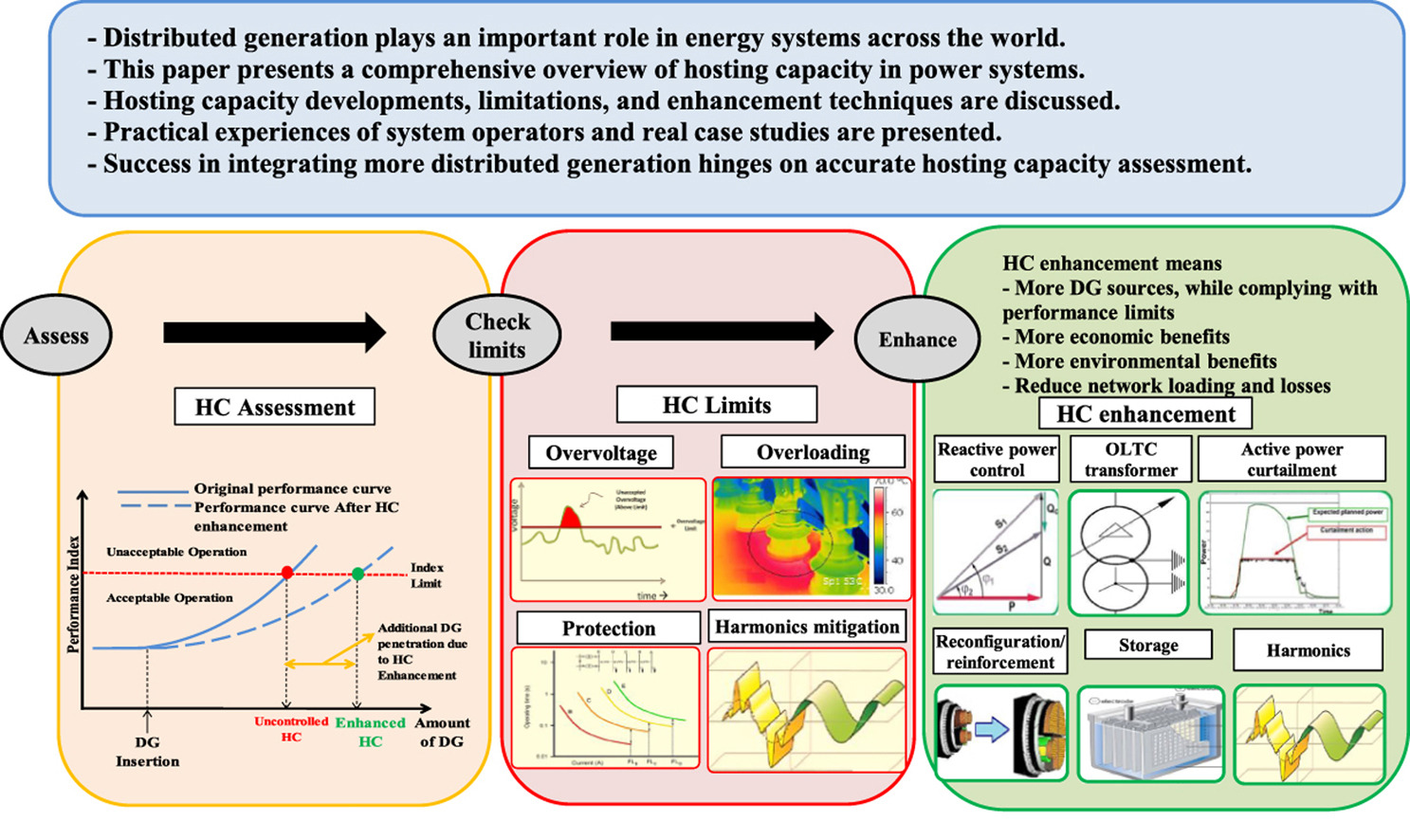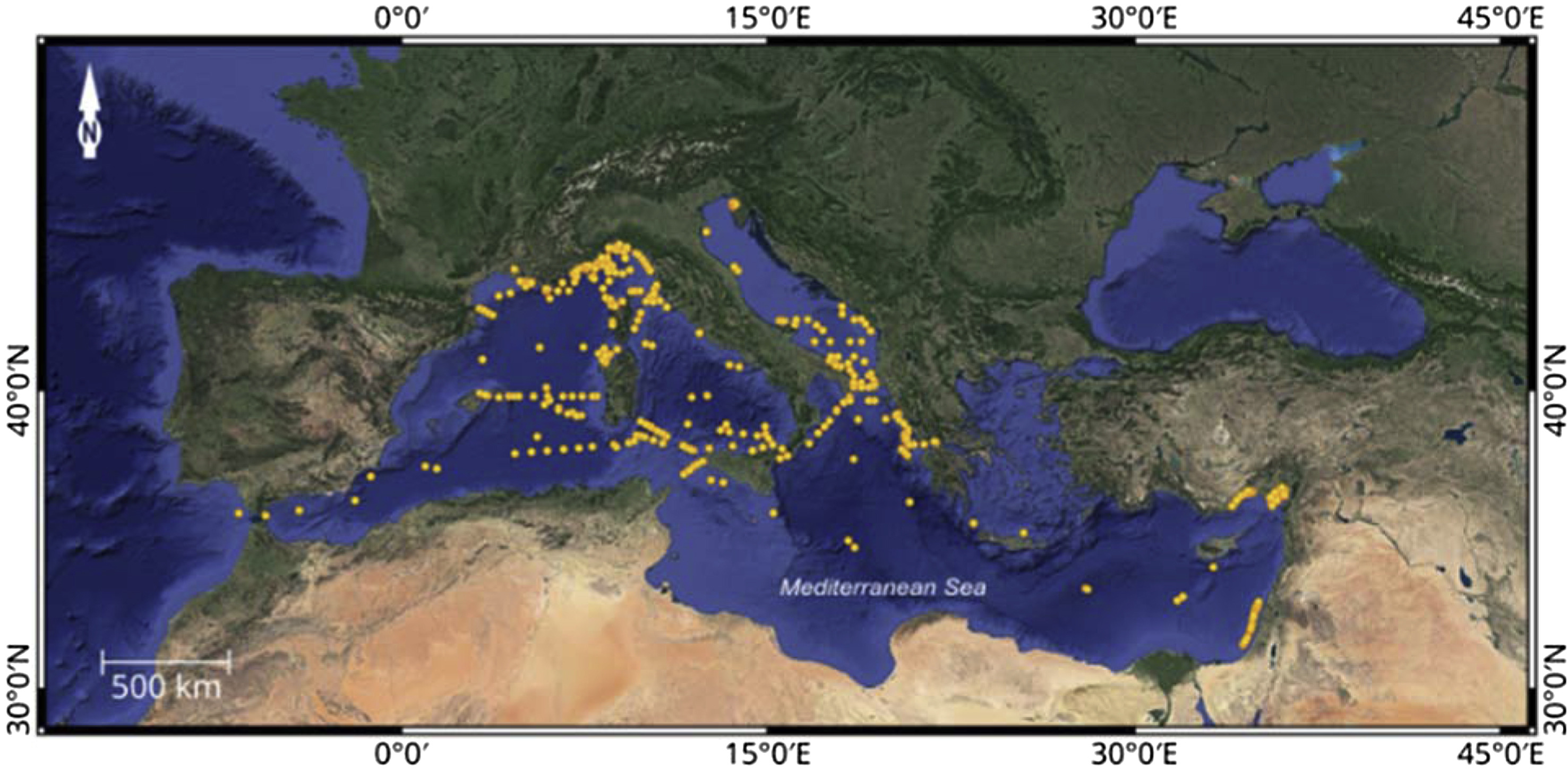TrAC - Trends in Analytical Chemistry, Volume 110, January 2019
This review provides insight into the abundance, origin, distribution and composition of MPs in the sea surface and water column of the Mediterranean Sea. Literature data on MP particles on the sea surface showed an evident heterogeneous distribution and composition, with marked geographical differences between Mediterranean sub-basins. A standardized protocol for water sampling, extraction and detection of plastic debris is strongly recommended.
Science of the Total Environment, Volume 648, 15 January 2019
One of the key Sustainable Development Goals (SDG) set by the United Nations (UN) aims by 2030 to “end hunger, achieve food security and improved nutrition and promote sustainable agriculture”. Fertilizers will play a pivotal role in achieving that goal given that ~90% of crop production growth is expected to come from higher yields and increased cropping intensity. However, materials-science research on fertilizers has received little attention, especially in Africa.
Joule, Volume 3, 16 January 2019
The future role of stationary electricity storage is perceived as highly uncertain. One reason is that most studies into the future cost of storage technologies focus on investment cost. An appropriate cost assessment must be based on the application-specific lifetime cost of storing electricity. We determine the levelized cost of storage (LCOS) for 9 technologies in 12 power system applications from 2015 to 2050 based on projected investment cost reductions and current performance parameters.
Journal of Business Venturing, Volume 34, January 2019
Entrepreneurship is widely argued to be critical for alleviating extreme poverty. However, research on this topic is characterized by diverging perspectives regarding poverty alleviation and remains fragmented across various research domains. This review examines 77 leading academic journals over the period 1990 to 2017 and identifies over 200 articles on entrepreneurship and poverty alleviation.
World Development, Volume 113, January 2019
SDG 8 calls for promoting 'sustained, inclusive and sustainable economic growth, full and productive employment and decent work for all’. Even as it highlights the importance of labour rights for all, it also makes visible some significant tensions. We note, for example, that despite many critiques of narrow economic measures of growth, the focus here remains on GDP and per capita growth. This is problematic, we argue, because the GDP productive boundary excludes much of social reproductive work.
Encyclopedia of Ocean Sciences, Volume , 1 January 2019
The pollution of the marine environment by solid wastes, either directly introduced into the sea or discharged into the oceans from rivers or pipelines, is considered from the perspective of both their impacts and their regulation. The waste materials covered include dredged material, particulate wastes from sand/gravel extraction, and land reclamation, and industrial wastes including mining wastes, munitions, and plastics/litter.
Coasts and Estuaries: The Future, Volume , 31 January 2019
Bivalve habitats were once a dominant ecosystem in temperate and subtropical estuaries worldwide. While bivalve habitats are greatly reduced from their former abundance, remnant, and restored populations have been shown to provide a suite of important ecosystems services including improving water quality, coastal protection, and providing fisheries nursery habitat, in addition to providing a direct food value.
Saving Food: Production, Supply Chain, Food Waste and Food Consumption, Volume , 1 January 2019
Food waste is a great problem nowadays; while many people are starving around the world, tons of food is wasted every day. An efficient way to preserve food is using industrial processes such as heat, cold, drying, fermentation, irradiation, high pressure, pulsed electric fields and modified atmosphere, among others, but it is also possible to use active packaging (AP) to extend the shelf life of food products. This packaging uses active compounds, as antimicrobial and antioxidants that could be released over time in the food and its products and increase their shelf life.



